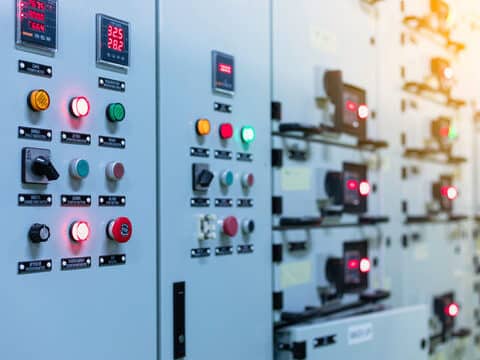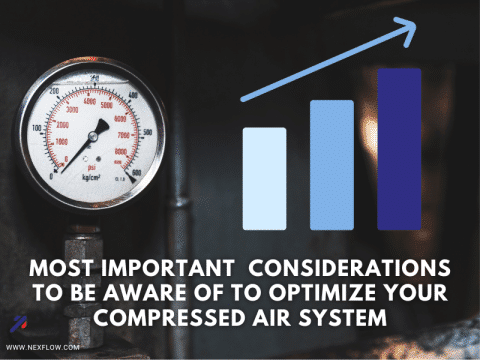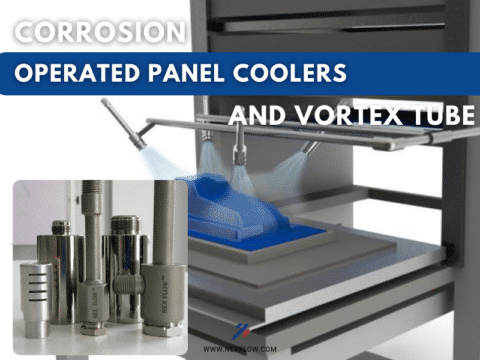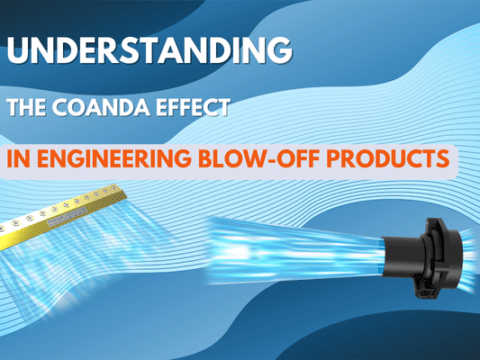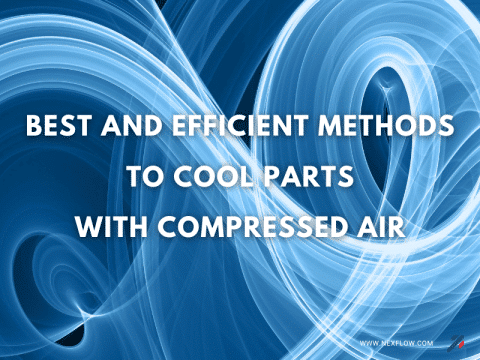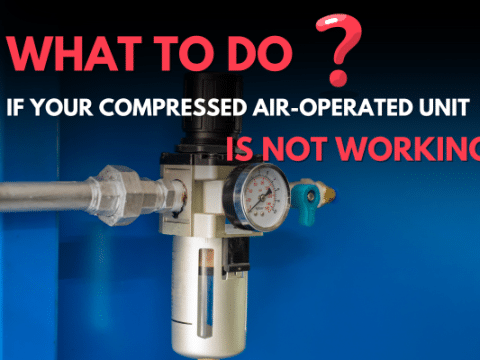
Hydraulics Pneumatics or Electrical?
Great question. Let’s look at Pneumatics first.
Pneumatics is more cost-effective than Hydraulics as air is free and can useable generally n flammable environments. Pneumatics offers more power in a smaller and lighter unit compared to most other technology systems, as well as being a much cleaner technology.
Hydraulics Pneumatics or Electrical? Now a bit about Hydraulics.
Hydraulics is generally more cost-effective than electrical systems as the fluid absorbs excessive force, which means fewer equipment damage threats.
Hydraulics, Pneumatics or Electrical? Last but not least Electric.
Some prefer electric drive over the pneumatic and hydraulic system, as electric drive actuators generally have better point-of-interest accuracy and repeatability than an equivalent pneumatic or hydraulic actuator.
The other advantage of electric actuators is the operating cost, but the capital cost can be high.
However, pneumatic actuators use compressed air, which is more expensive and less efficient to produce.
Hydraulic actuators are suitable for high-force applications, whereas pneumatic actuators can be for extreme temperature applications.
They can keep constant force and torque.
But pneumatic actuators are cost-effective and require minimum maintenance.
An apparent difference between a hydraulic and an electrical actuator is how each one derives its power.
Like pneumatics, hydraulic actuators comprise pistons that move inside a hollow cylinder. Incompressible liquid coming from a pump moves the cylinder. As the pressure increases, the cylinder is likewise moved along the axis of that piston and creates a linear force.
Returning the piston to its original position through fluid supplied on the other side or via a spring back force.
The mechanics of an electrical actuator is quite different because it entails converting the energy into torque. A mechanically-connected electric motor turns a lead screw.
What prevents the screw from rotating is either a ball nut with matching threads or a threaded lead.
As the screw rotates, driving the nut along those threads. The direction by which the nut moves is dependent upon the direction where the screw rotates, which likewise allows the actuator to return to its original position.
Both hydraulic and electrical systems have their advantages. Still, you can count on hydraulic actuators to be more suited for high-force applications as these rugged actuators can produce a force that is 25 times more powerful than pneumatic cylinders the same size.
They can operate in pressures as high as 4,000 psi. They can even hold torque and force constant without requiring a pump to supply more fluid or pressure because it uses incompressible fluids. You can put the motors and pumps away at a certain distance without much power loss.
Meanwhile, electrical actuators are the kind of systems you can rely on for precision control positioning at the highest level.
The accuracy range is at +/- 0.000315 in. while repeatability is less than 0.0000394.
They are setting it up to be scalable for any force requirement or purpose.
They are smooth, network-friendly, reprogrammable, repeatable, and quieter compared to Hydraulics and can give you diagnostics or maintenance feedback immediately.
A hydraulic actuator can perform a much broader range of force and speed specifications than an electrically powered one of similar size.
The hydraulic motor maintains torque and force at constant rates without needing a pump to supply added fluid to increase pressure.
So the choice of pneumatics, Hydraulics, or electricity is determined by the application, capital cost, and operating costs.
Research and improvements continue in all areas to improve each one and maintain constantly changing competitiveness among the available systems.
Hydraulics Pneumatics, or Electrical? It is a valid question to explore and always better to ask before starting a project.



